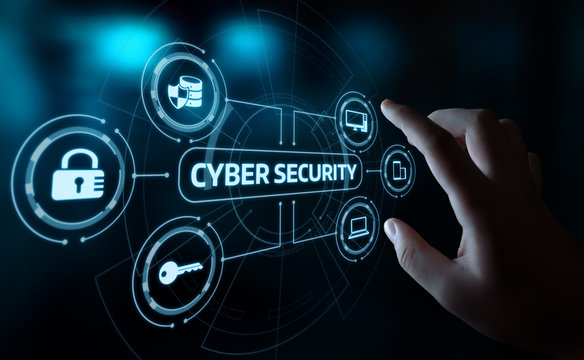Beware Free VPNs: Security Risks Loom as They Top App Store Charts

📝 Summary
Three popular free VPNs currently trending pose serious threats to your data security. Here's what you need to know.
Beware the Trendy Free VPNs: Your Data Might Be at Risk
Hey there! So, I’ve been surfing around the App Store like many of you, and I couldn’t help but notice that some free VPNs are just rocketing up the charts. It got me thinking—are we so drawn to the allure of free services that we’re overlooking potential dangers lurking behind the shiny exterior?
In this blog post, let’s chat about why those free VPNs rising up the App Store rankings could be protecting your privacy less than you might think.
What’s the Deal with VPNs?
First off, let’s break down the basics. A VPN (Virtual Private Network) is like a secret tunnel for your Internet connection. It keeps your data safe by encrypting it and masking your IP address, making it harder for hackers, snoopers, or even your Internet Service Provider (ISP) to track your online activities.
Sounds great, right? But like anything that seems too good to be true, we need to dig a little deeper.
The Allure of Free VPNs
- Cost-Effective: Who doesn’t love free stuff?
- Ease of Access: They’re quick to download, and you can start using them right away.
- Instant Privacy: The promise of anonymity is appealing, especially in a world where data breaches are common.
But hold on a second! What’s being sacrificed here?
The Potential Dangers
As with most things, not all free VPNs are created equal. Here are some risks to consider:
1. Data Logging
Some free VPNs log your data and track your online activities. They can sell this information to third parties—often without you ever knowing. It’s a little counterintuitive, right?
2. Poor Encryption
Not all free VPNs offer strong encryption protocols, which can leave your data exposed. If your VPN isn’t robust, you may as well be surfing the web without any protection.
3. Malware Threats
Several free VPNs have been found to host malware or adware. Imagine opening an app that’s supposed to protect you, only to find it’s installing harmful software instead.
4. Advertisements and Pop-Ups
Some of these services monetize their free offerings through ads. This could mean constant interruptions and a frustrating user experience.
5. Limited Features
Many free VPNs don’t offer features like kill-switches or multi-device connections. If your VPN drops, your data could be exposed.
It's definitely enough to make one think twice!
Real-Life Warnings
In a recent article by TechRadar, it was mentioned that three free VPNs leading the charts have faced serious scrutiny regarding their privacy practices. Users have reported data leaks and questionable data treatment practices.
What You Need to Know About These VPNs
Before downloading any egg-sclusive free VPN, here are a few insights:
- Read Reviews: Check out user reviews and expert ratings. Trusted sources like CNET provide in-depth assessments.
- Privacy Policies Matter: Look for transparency in their policies—if you can’t easily find it, it’s a red flag!
- Opt for Paid Services When Possible: Consider investing a little in reputable paid VPNs like NordVPN or ExpressVPN, which have better security and privacy features.
A Personal Touch
Now, I have to confess something. I once downloaded a free VPN without much thought. I wanted privacy while browsing on an open Wi-Fi. At first, it seemed like a match made in heaven – easy setup, and there I was, cruising through the internet anonymously! But then I unearthed that it was selling my data to advertisers. Talk about a harsh reality check!
That experience taught me that sometimes, it’s worth spending a little for genuine peace of mind.
Alternatives to Consider
If you’re eyeing free VPNs mainly because of budgeting concerns, there are alternatives worth exploring:
- Free Trials: Many paid VPN services offer trial periods. This allows you to get a taste of their features without spending a dime.
- Student Discounts: If you're a student, check if the VPN service offers discounts.
- Open-source VPNs: Some are available for free and can be safer as they are often reviewed and improved by the community.
For instance, ProtonVPN offers a free version that is more secure than many of the top charted ones.
Why Now?
Given the recent events and rapid tech changes, we find ourselves more reliant on Internet services than ever. With remote work and online entertainment booming, the exposure to risks rises. Now, more than ever, we need to take our online security seriously.
If you thought online privacy was just a buzzword, well, it’s becoming a necessity.
Final Thoughts
Compare your online presence today to stepping out into a busy street without a safety net—wouldn’t you want a safeguard?
So, if you can spare a few bucks for your peace of mind, consider investing in a reliable VPN. It might just be the best decision you make for your online security this year.
Remember, dear friend, in the digital world, being smart about your choices goes a long way. Happy browsing, and stay safe out there!

Useful Resources
Stay informed! Your data is important.
